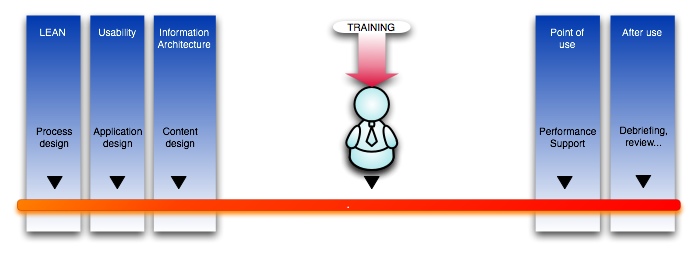Fish oil prevents onset of schizophrenia: treatment breakthrough
Research starting in the early 90’s has suggested a neurodevelopmental basis for schizophrenia. Other studies suggest a biochemical basis for this abnormal development in schizophrenics related to insufficient fatty acids – fatty acids that contribute to the phospholipids which are the building blocks of neuronal membranes. Growth of axons and dendrites, making new synaptic connections and pruning of old ones, involves the synthesis and breakdown of phospholipids.
Based on findings of reduced fatty acids in people with schizophrenia, researchers have been studying whether giving Long-chane omega-3 polyunsaturated fatty acids (PUFAs) to patients at high risk for developing psychotic disorder would prevent them from developing psychotic disorder.
Continue reading

